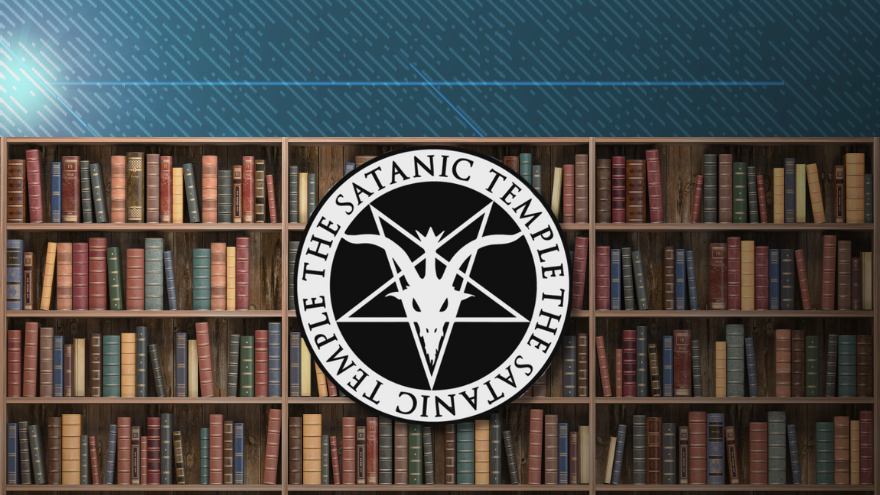“The Satanic Temple of Southern California is inviting the public to attend their After School Satan Club’s Back to School Night Family Community Celebration,” reads the group’s press release, describing the event as “a night of arts, crafts, science experiments, live demos and displays, and fun for the entire family.”The Satanic Temple of Southern California is hosting a "Back to School Night Family Community Celebration" at the Lancaster Public Library.
People of all ages and beliefs are invited to attend.
The event is not sponsored or endorsed by the Los Angeles County Library. It is scheduled to take place from 5 p.m. to 7 p.m. on Sept. 6.
The precedent for a Satanic school club was set in 1981 after the Supreme Court of the United States ruled campus officials could not prevent a faith-based club from meeting solely due to the religious content of its speech in Widmar v. Vincent. The Equal Access Act, adopted by Congress in 1984, further mandated non-instructional time run by students in school clubs cannot be denied the opportunity to meet by administrators. School officials may not sponsor the group, though educators may be present during student-club meetings in a non-participating role. After School Satan Clubs have also been formed in Colorado, Illinois, New York, Ohio, Pennsylvania, and Virginia. The clubs are sponsored by the Satanic Temple, which the United States recognizes as a religious group.Loading...
"The Satanic Temple has become the primary religious Satanic organization in the world with congregations internationally, and a number of high-profile public campaigns designed to preserve and advance secularism and individual liberties," reads a statement from the Satanic Temple. "The rise of The Satanic Temple has been met with an increase in commentary regarding what Satanism is as media outlets struggle to grasp how this upstart religion has begun to shift religious liberty debates with claims of equal access."
The Satanic Temple of Southern California was founded in 2013. The group does not profess beliefs about "supernatural beings" instead supports the organization's "seven tenets."
Tenets include striving to "act with compassion and empathy toward all creatures in accordance with reason," along with a "struggle" for justice that "should prevail over laws and institutions."
"One's body is inviolable, subject to one's own will alone," reads the third tenet, adding, "the freedoms of others should be respected, including the freedom to offend."
The fourth tenet says to "unjustly encroach" upon the freedom of another is to "forgo one's own."
The fifth tenet says, "beliefs should conform to one's best scientific understanding of the world," adding, "one should take care never to distort scientific facts to fit one's beliefs."
"People are fallible. If one makes a mistake, one should do one's best to rectify it and resolve any harm that might have been caused," reads the sixth tenet as the seventh tenet seeks to "inspire nobility in action and thought."
"The spirit of compassion, wisdom, and justice should always prevail over the written or spoken word."

